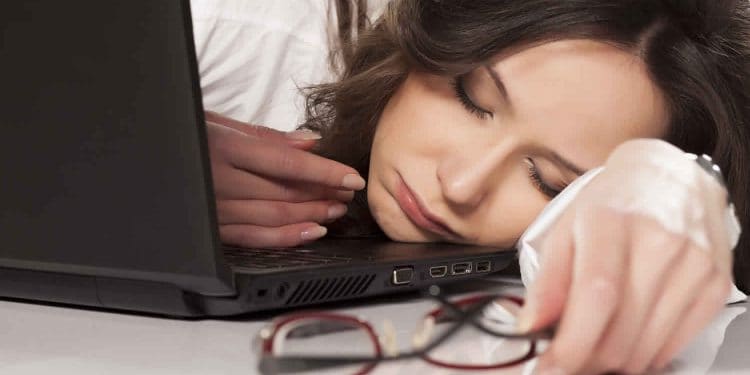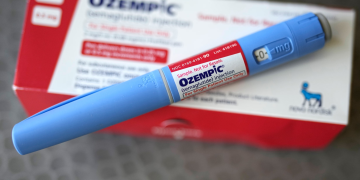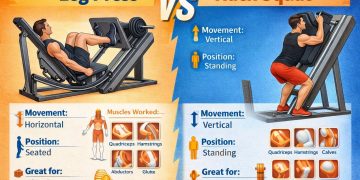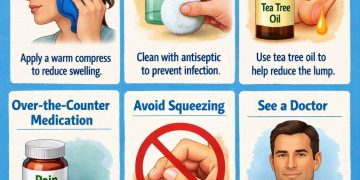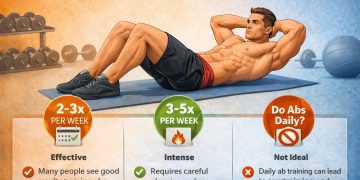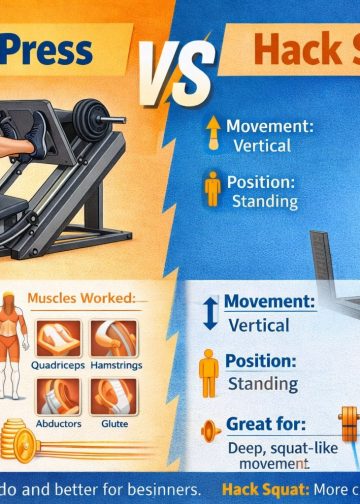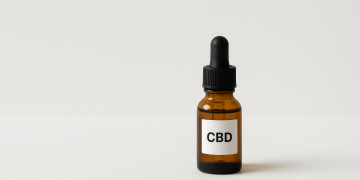Do you think there is nothing wrong with getting some ‘extra’ sleep even after having a sound sleep of 7 to 9 hours? You’re taking it wrong! Feeling sleepy after getting adequate sleep signals a critical health condition. In medical terms, your doctor may determine it as an excessive daytime sleepiness disorder.
Being adults, we often take oversleeping lightly. Sleeping an hour or two more, turning off the alarm on weekends, or napping the whole afternoon are the habits ruining your sleep routine? You never realize you’re harming your very own sleep hygiene & mental health in turn. If you’re doing this then you’re not alone.
Extreme Daytime Sleepiness is so common!
Also known as excessive daytime sleepiness and hypersomnia, this is a common sleep disorder making around 40% of people suffer. It is a medical condition wherein the patient regularly sleeps more than the average expected sleep time. People with hypersomnia possess symptoms of falling asleep anytime during the day. They get the constant desire of dozing off for a while even after waking up & getting adequate rest.
For instance, the average sleep time for a newborn baby is 14 to 17 hours. Similarly, the average sleep time recommendation for an adult is 7 to 9 hours.
In case, if you’re feeling sluggish and resting your head on the desk at work then you might consider Modalert that’ll keep you active & energetic.
Why you should bother about getting excessive sleep?
There is a fine line of difference between good sleep and excess sleep. People rarely bother to think if they desire to sleep more is to worry about or not. It’s okay to feel sleepy when your body actually needs extra rest or you’re going through some illness when sleep heals. But, if you’re constantly feeling exhausted during wake hours and the bed isn’t going out of your mind then excessive daytime sleepiness has kicked in.
Excessive daytime sleepiness (EDS) is a sleep disorder that affects the overall quality of life. It also impacts the way you sleep, mental health, and physical safety. Sleep apnea and narcolepsy are sleep disorders that show up when you aren’t sleeping enough. They’re still associated with hypersomnia. EDS is a critical health problem also associated with cardiovascular diseases & diabetes. In extremely serious cases, it may cause death too.
At first, EDS feels like a temporary sleep behavior alteration. It slowly grows by making you feel mentally distressed and frustrated all the time. Hence, you might think about the easy escape as sleep. Believe it or not, people might Artvigil and Waklert with or without a prescription after realizing that they’re bumping into EDS. Such oral pills are easy escapes for promoting wakefulness & preventing the desire to fall asleep unnecessarily.
Why do you even feel getting excessive sleep?
Patients suffering from hypersomnia might not realize that it is a severe health risk. Here are the common causes of excessive daytime sleepiness:
-
Drug abuse
Drinking alcohol or abusing drugs feels breezy unless it starts affecting your overall sleep health. Drug addiction prevents your brain from entering REM sleep, which is an important phase when your body enters restoration mode. As a result, your sleep quality becomes poor.
-
Sleep disorders
One sleep disorder could trigger another. Sleep disorders like obstructive sleep apnea (OSA) and narcolepsy are more common for causing extreme daytime sleepiness. For example, patients with OSA have air blockages which create difficulties in breathing. The patient wakes up more frequently at nighttime but doesn’t remember why they woke up so often. Thus, they’re likely to feel fatigued and disturbed instead of feeling fresh in the morning. If you are someone who has sleep apnea and already has a sleep apnea machine, then you can find a range of different CPAP masks here to use with your device.
-
Poor mental health
Mental health problems like stress, depression, anxiety, etc often make your mind wander when it’s time to rest at night. This simply means that you aren’t resting enough when you’re supposed to & so feel sluggish all day long. Here is when a sleep disorder like EDS knocks you down.
-
Low quality sleep due to change
Some inevitable changes in our lives might also disturb our sleep routine. For instance, shifting to a new workplace, handling more responsibilities at home, relationship problems, etc are signs of getting poor quality sleep at night. Though such a scenario could be temporary and you might start sleeping regularly once you get used to these things. You still have to deal with it by using Modvigil at times.
-
Injuries
Several injuries like head trauma, tremors, or stress on the CNS often trigger insomnia. This is physical strain or stress that doesn’t let you sleep. Hence, patients having physical injuries are complaining about sleeplessness and fatigue. So, wanting to sleep more in this case seems natural.
-
Medications
If you’re having excessive daytime sleepiness these days & you’re using any medicines time-being then your hypersomnia could be temporary. Some medicines disrupt your sleep patterns like antihistamines and sleeping pills. Another reason is caffeine intake. These medicines prevent your body from falling asleep by staying active in your system for a longer duration.
-
Jet lag
Time zone shifts are worse than you can ever imagine. Jet lag is an instance of circadian rhythm sleep disorder wherein your body takes time to adjust between time zones. EDS could last for a couple of days if you’ve air-traveled a long run.
Final Lines
In a parallel world where sleep disorders like EDS or hypersomnia prevail, we also have effective medications like Modalert 200. They’re anti-sleep solutions that promote wakefulness and also contribute to improving cognitive performance. Why don’t you reach out to your medical care provider and find your reliable solution too?!


